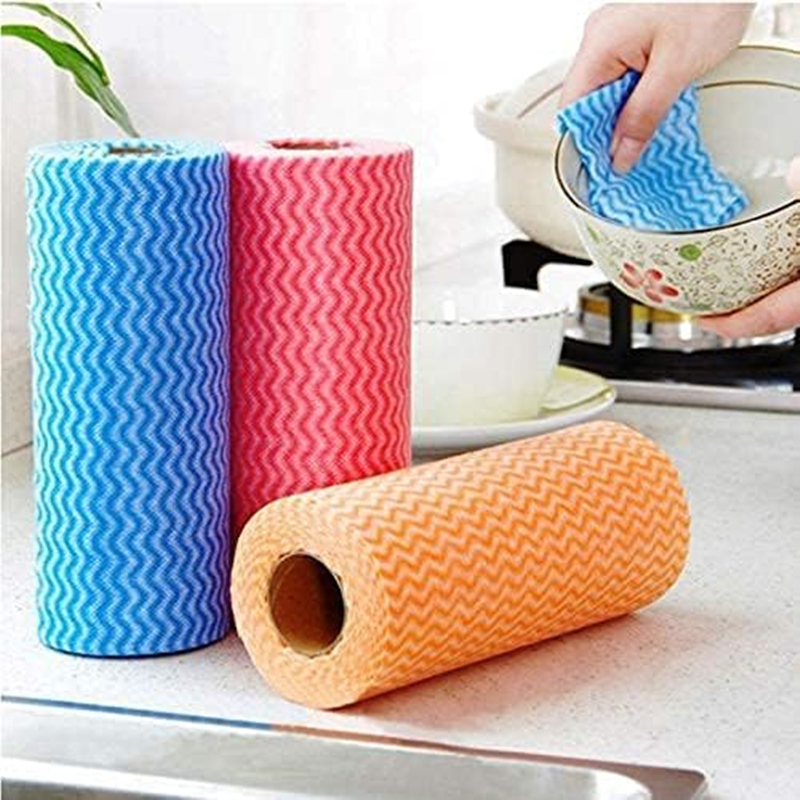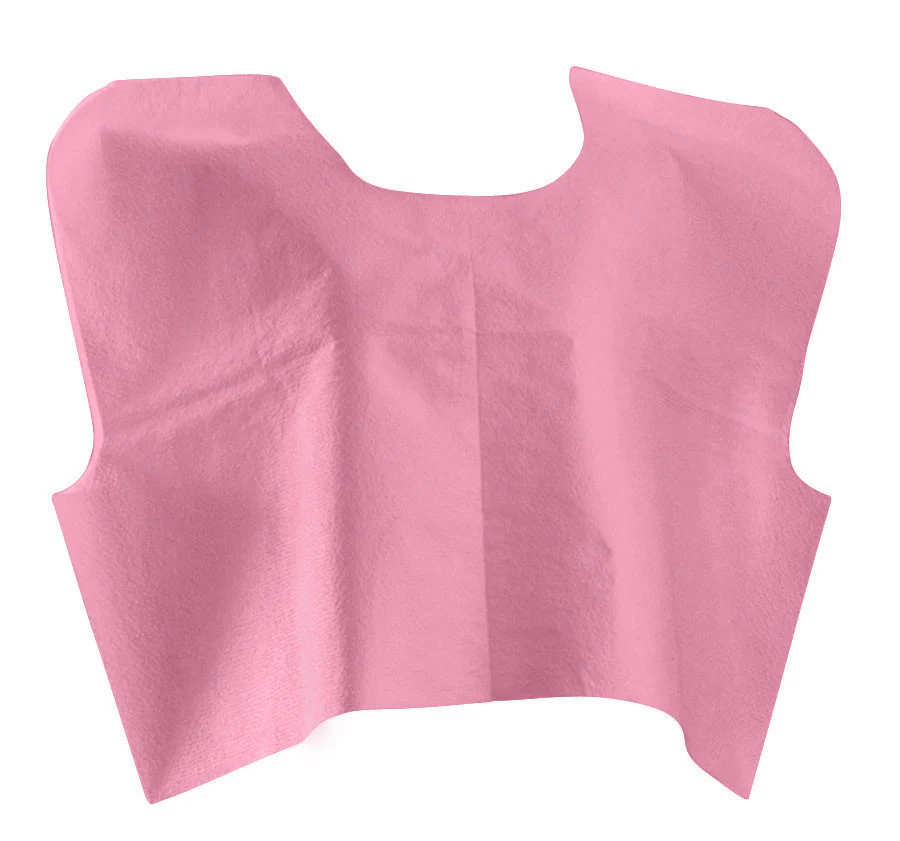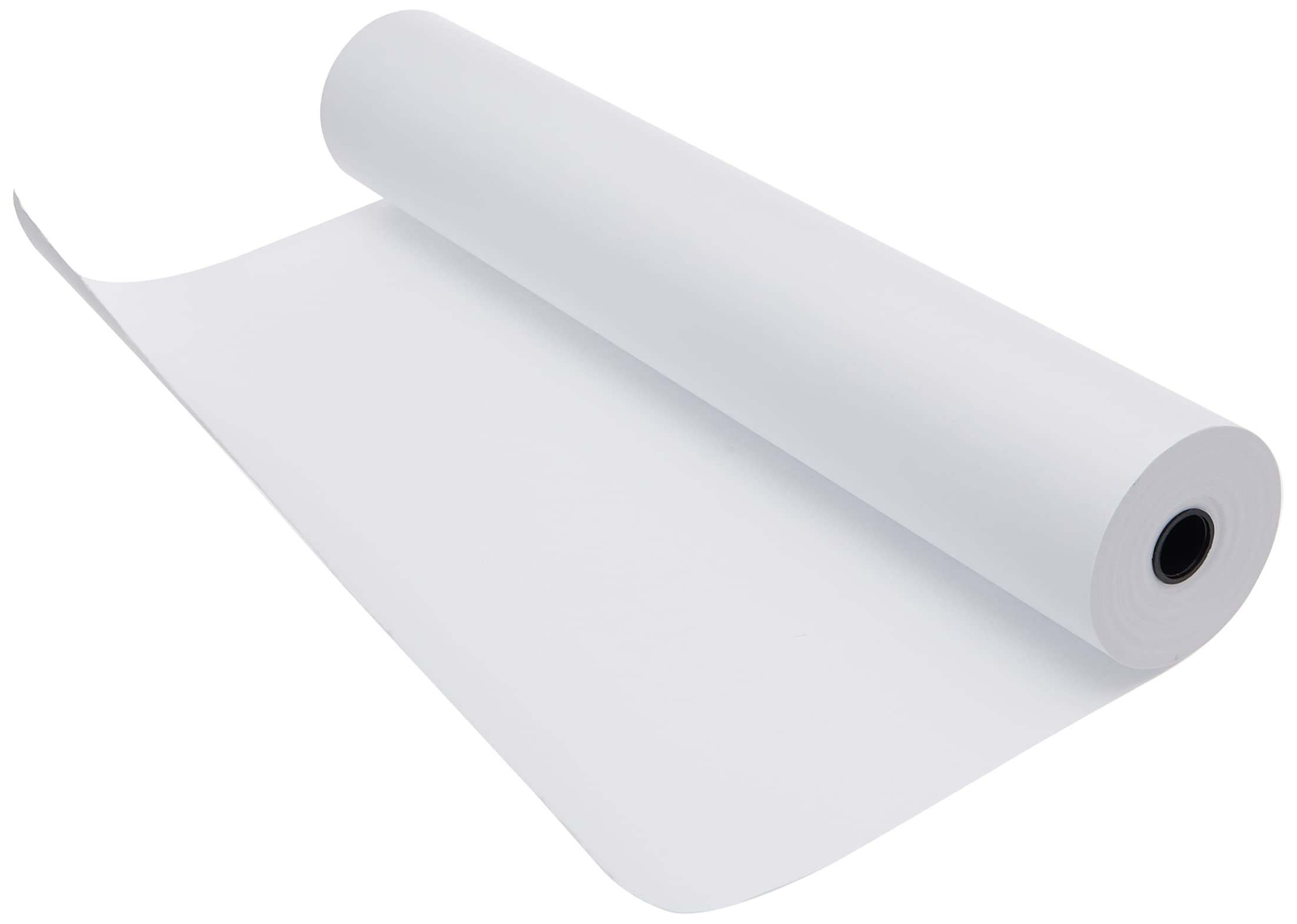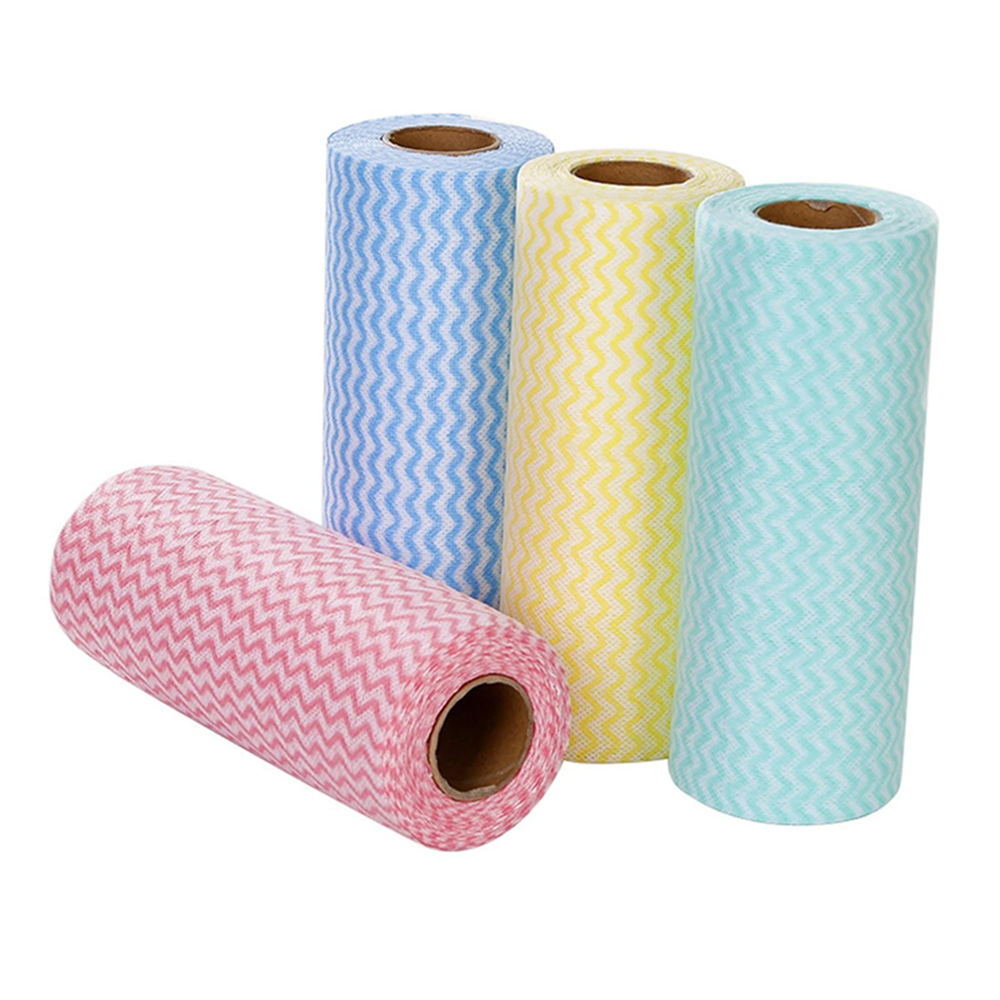Most disposable wipes are not biodegradable, especially those containing synthetic fibers like polyester. Many wipes are made from a blend of natural and synthetic materials, which can make them resistant to breaking down in the environment. Even wipes labeled as “flushable” or “biodegradable” often contain synthetic components that hinder full decomposition.
However, there are some wipes on the market explicitly designed to be biodegradable, typically made from 100% natural fibers such as cotton or bamboo. These wipes are more likely to break down rapidly under the right environmental conditions, such as in industrial composting facilities, but they may still take a significant amount of time to decompose in a landfill or natural setting.
When considering environmental impact, it’s important to look for certifications or specific claims about biodegradability and to dispose of wipes responsibly, preferably in the trash unless they are specifically labeled for composting.












